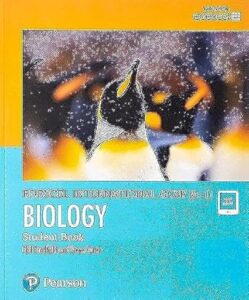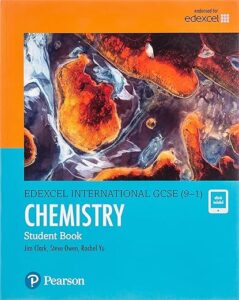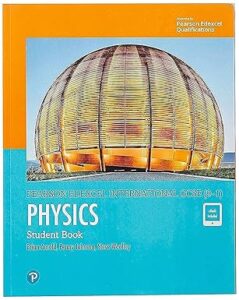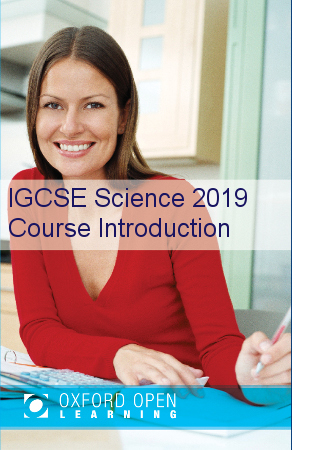- IGCSE Courses
- Biology IGCSE
- Business IGCSE
- Chemistry IGCSE
- Economics IGCSE
- English IGCSE
- English Literature IGCSE
- French IGCSE
- Geography IGCSE
- German IGCSE
- History IGCSE
- Human Biology IGCSE
- Maths IGCSE
- Physics IGCSE
- Science (Double Award) IGCSE
- Science (Single Award) IGCSE
- Spanish IGCSE
- GCSE Courses
- GCSE Business
- GCSE English
- GCSE English Literature
- GCSE Latin
- GCSE Maths
- GCSE Psychology
- GCSE Sociology
Science (Single Award)
This brand new course is designed for those students who wish to study the broadest possible Science Syllabus whilst achieving a single GCSE. Those who wish to study Science at a higher level would be well advised to study either the Science (Double Award) or 3 single science subjects such as Biology, Chemistry or Physics. In Oxford Open Learning’s estimation, this course will take up to 300 hours of study for a student to complete. This is 50% more study than a single award Biology IGCSE for example. As a result, if you are taking the course so you can go into teaching or childcare, we recommend studying a single science like biology unless your course specifically requests a combined science qualification.
Biology
- Cells and Organisms
- Plant and Animal Physiology A
- Plant and Animal Physiology B
- Inheritance
- Ecology and Food Production
Physics
- Forces and Motion
- Electricity
- Waves
- Energy
- Solids, Liquids and Gases
- Magnetism and Electromagnetism
- Radioactivity, Particles and Astrophysics
Chemistry
- Introducing Chemistry
- Chemistry Investigations
- Chemical Patterns
- Chemistry in Practice
- Organic Chemistry
- Chemistry Calculations
The course is designed to prepare students for examination in the Edexcel IGCSE Single Award Science specification (4SS0), which is examined in May/June 2022 and later years. The qualification is graded on a nine-grade scale from 9-1. 9 is best and 1 is lowest.
The examination you will sit consists of three papers. There is no separate practical exam and no practical coursework component; testing of practical skills is built into the theory papers. It is likely that you will need to give written answers to practical-based questions.
Biology Paper code: 4SS0/1B
This is a one hour ten minutes examination paper. The total number of marks is 60, one-third of the overall total. The paper examines all of the Specification Biology content.
Physics Paper code: 4SS0/1P
This is also a 70-minute examination paper. The total number of marks is 60, one-third of the overall total. The paper examines all of the Specification Physics content.
Chemistry Paper code: 4SS0/1C
This is also a 70-minute examination paper. The total number of marks is again 60, one-third of the overall total. The paper examines all of the Specifications Chemistry content.
Online Course? Paper Based? Somewhere in between? It’s your choice!
All of our International GCSE Science students receive:
- Traditional printed learning materials
- Access to our online resources with on-the-go access to all your regular lessons
- Unmatched support by a fully qualified teacher online and by phone
The course costs £395. Click for full details of The Oxford Open Learning Trusts GCSE and international GCSE prices
The Science (Single Award) is one of a range of Oxford Open Learning courses which are enriched by Twig and include extensive links to appropriate films (and other supporting material), lesson by lesson. The student hops from the course materials to the films and back again. To access the films, students need a special password, supplied at enrolment. Students also need internet access and an e-mail account to benefit from this extraordinary resource which is offered as a “free” extra to students on the relevant. 





